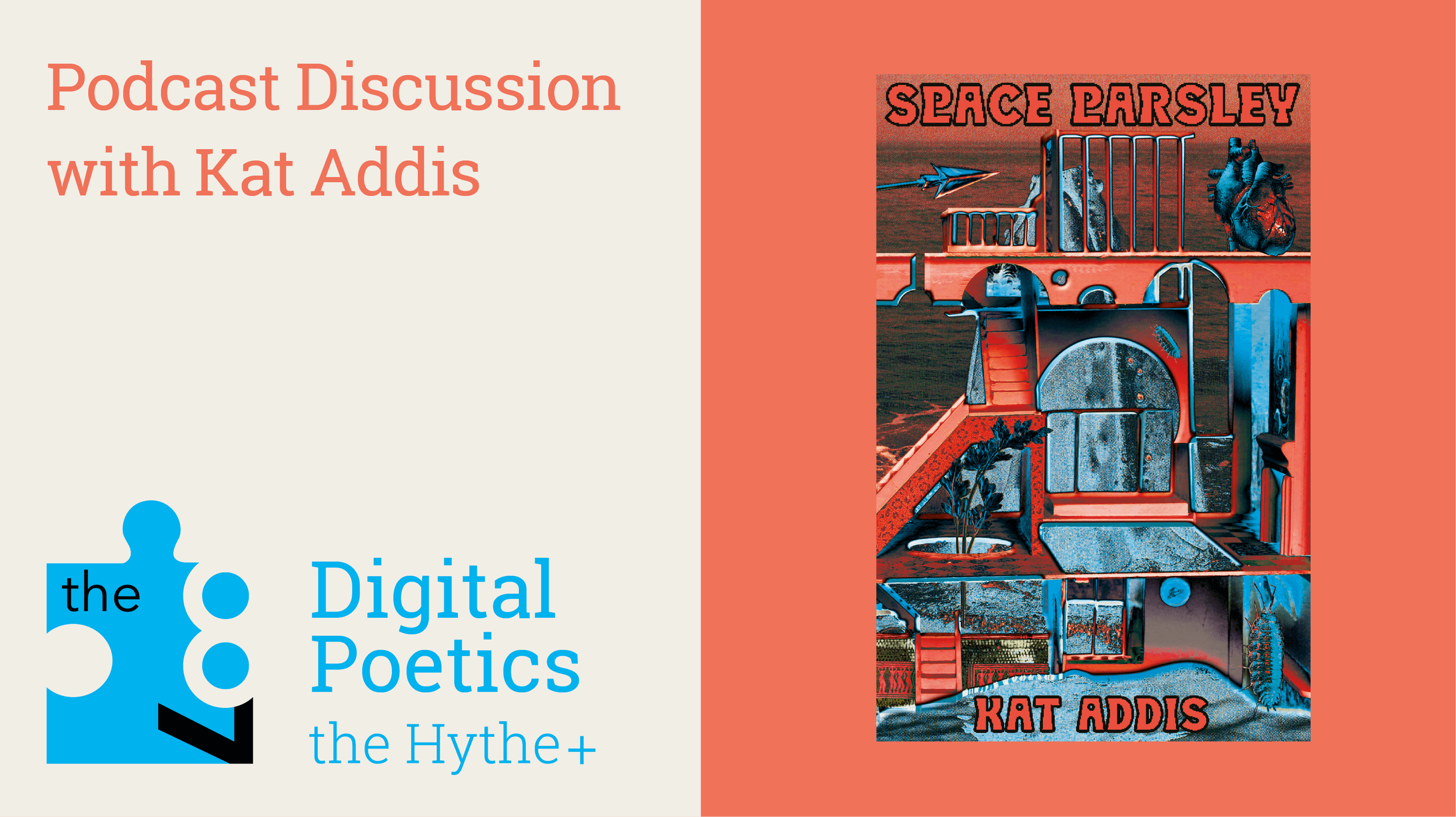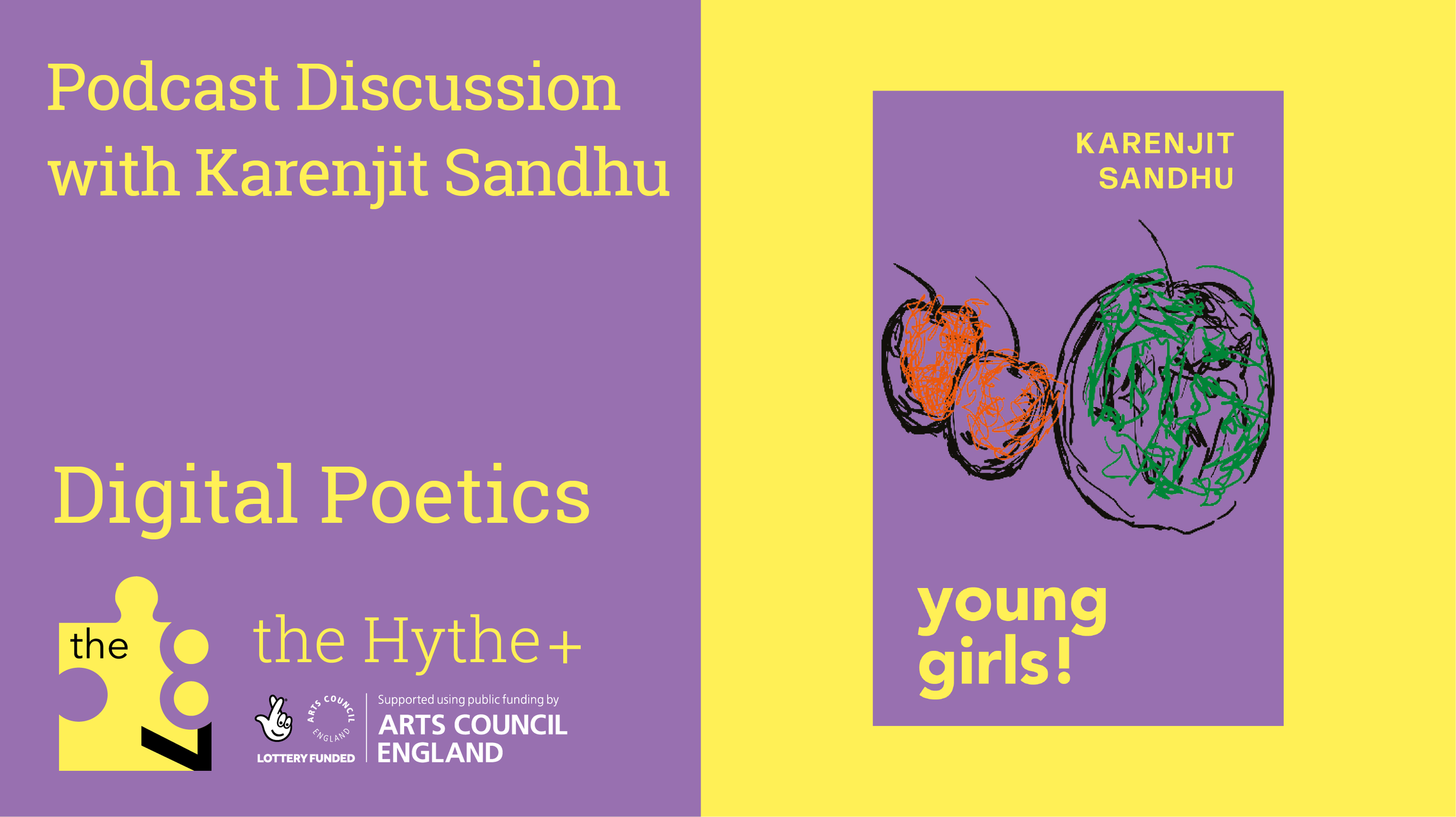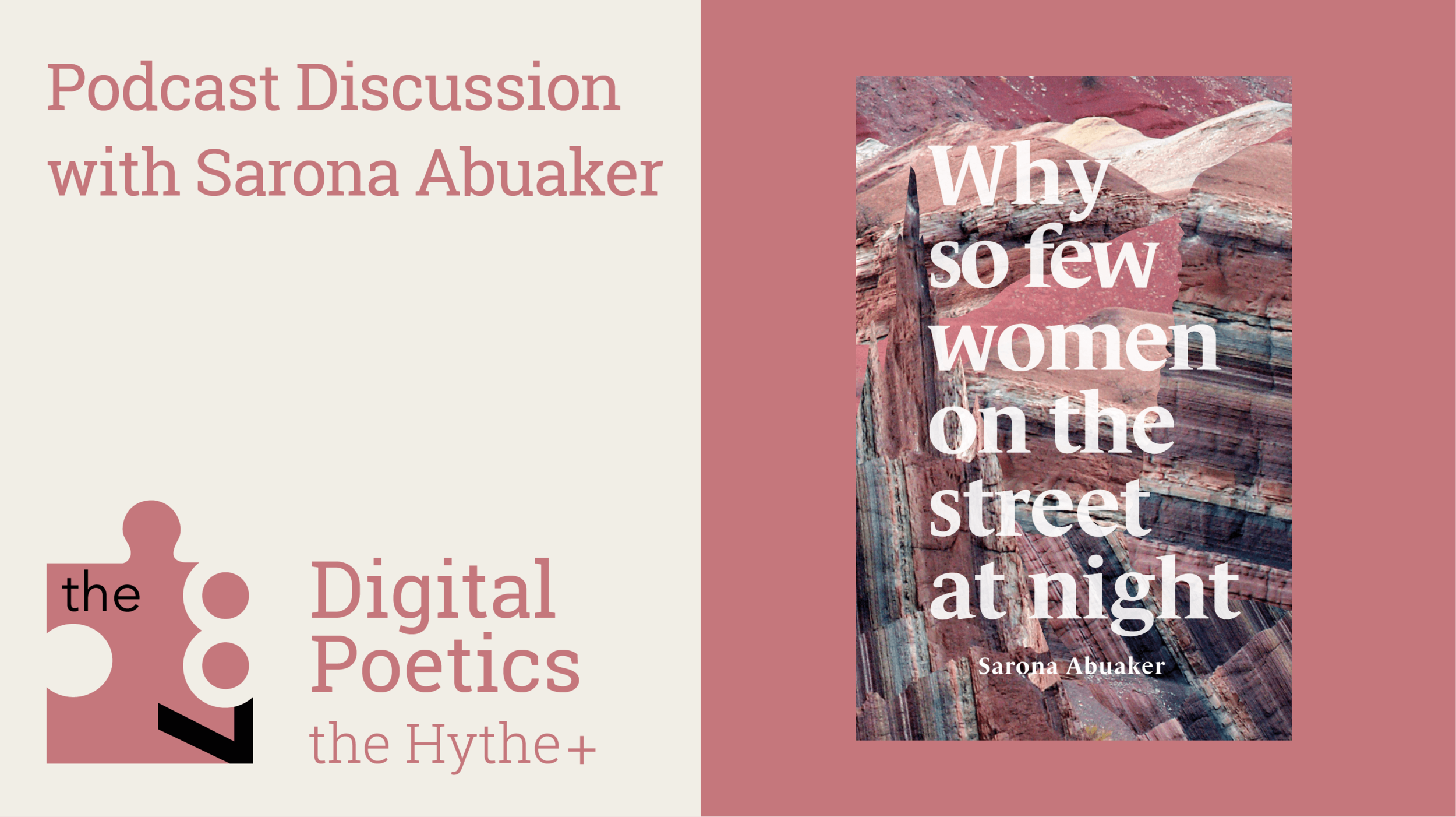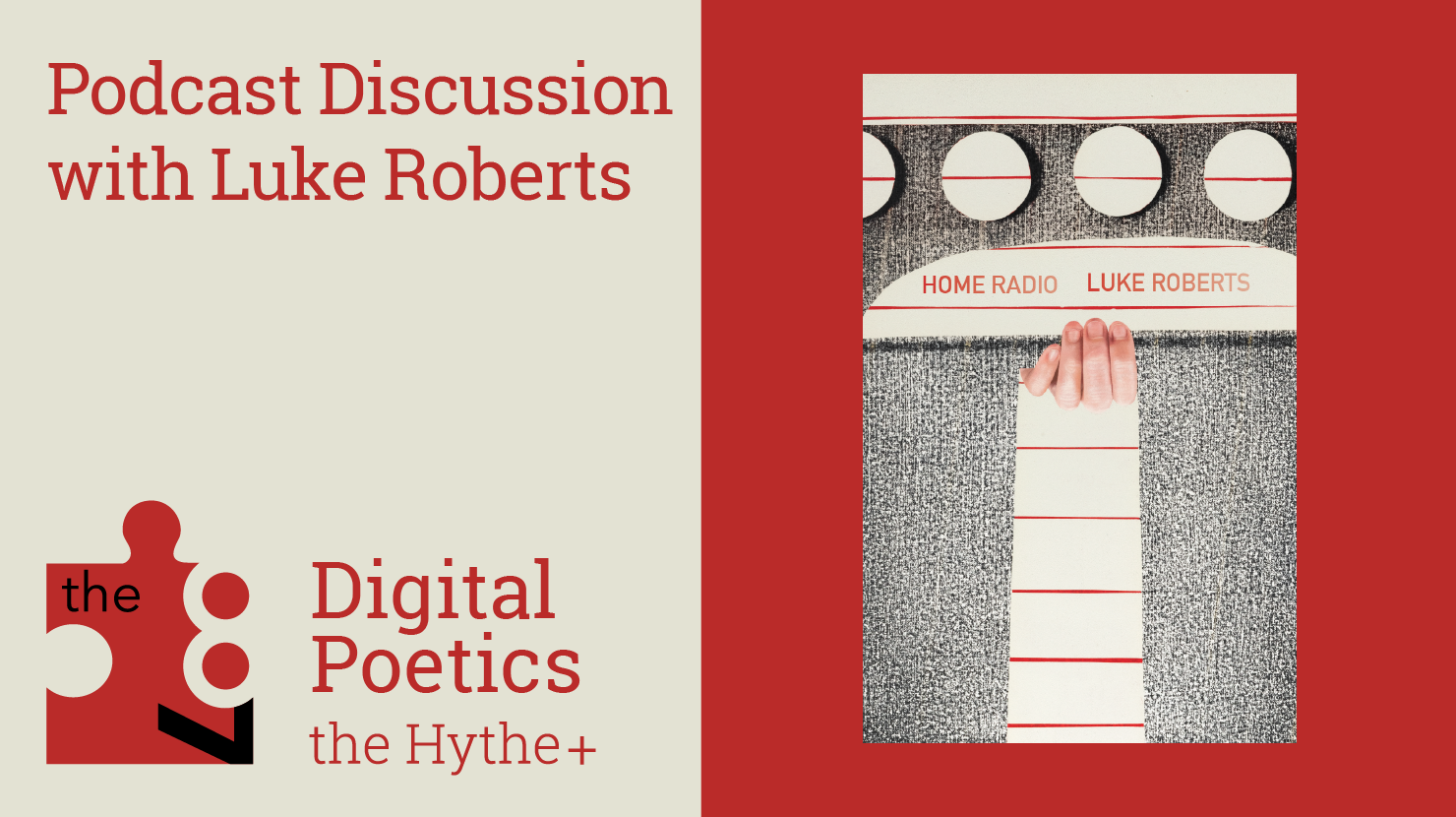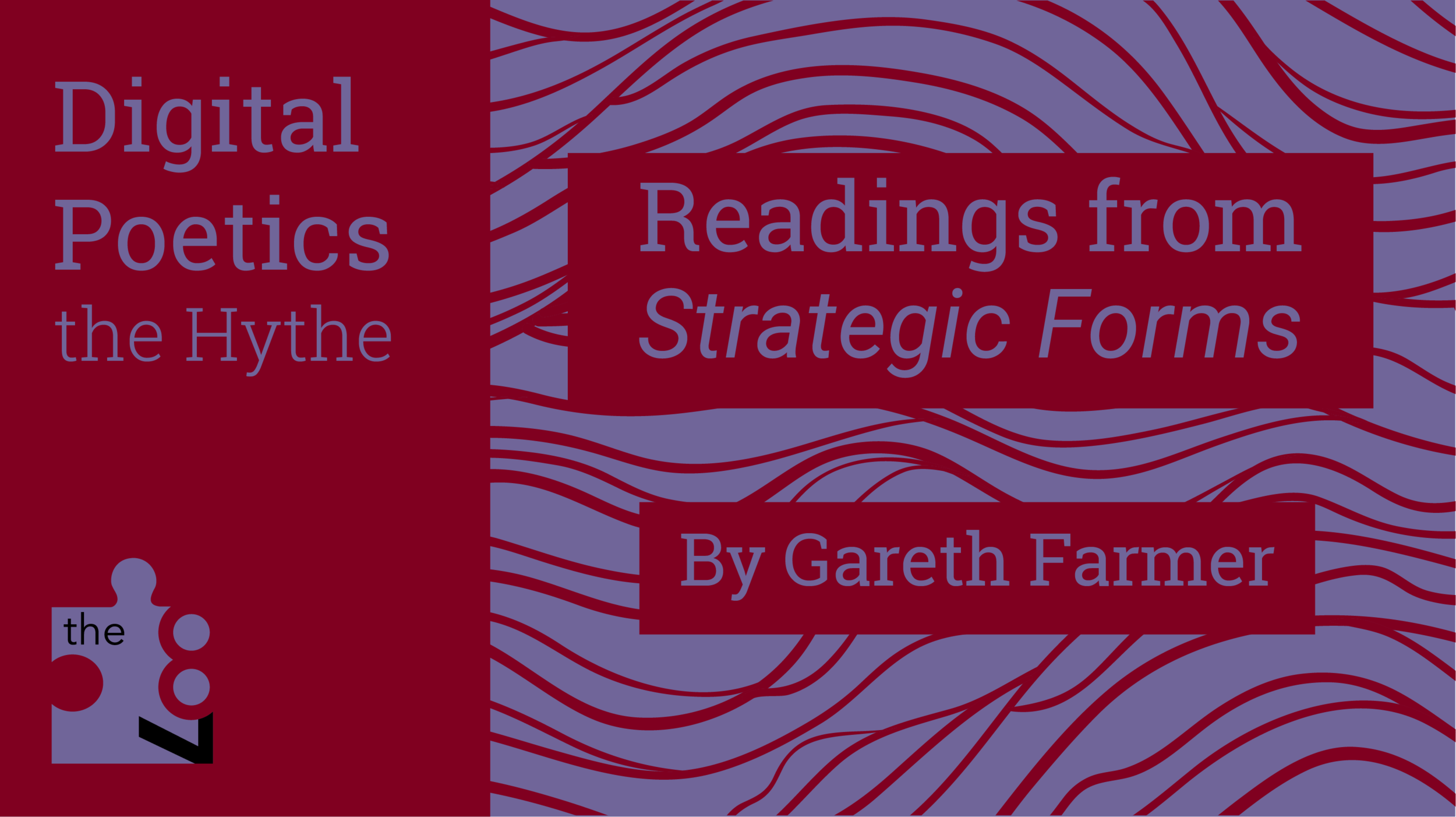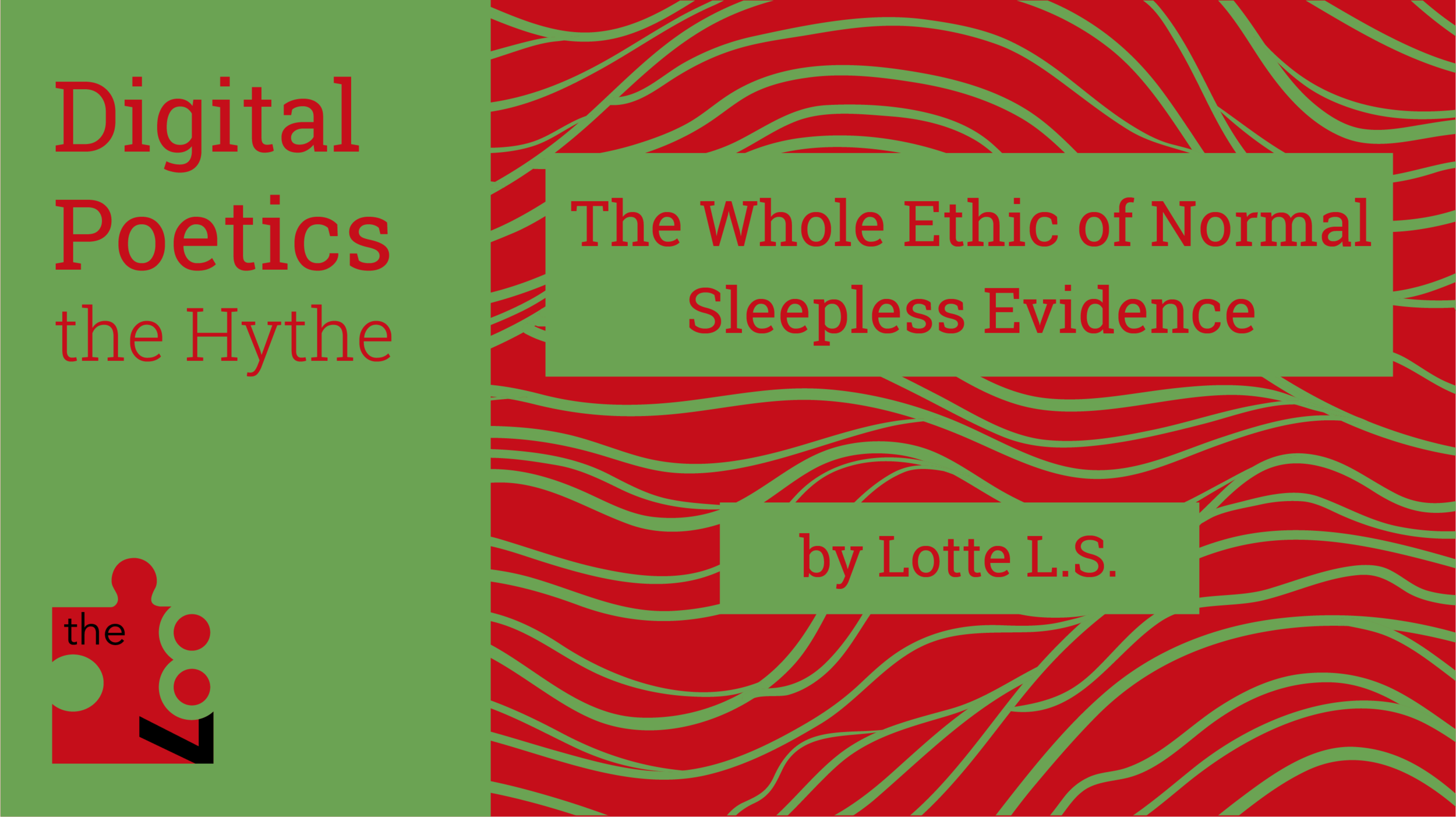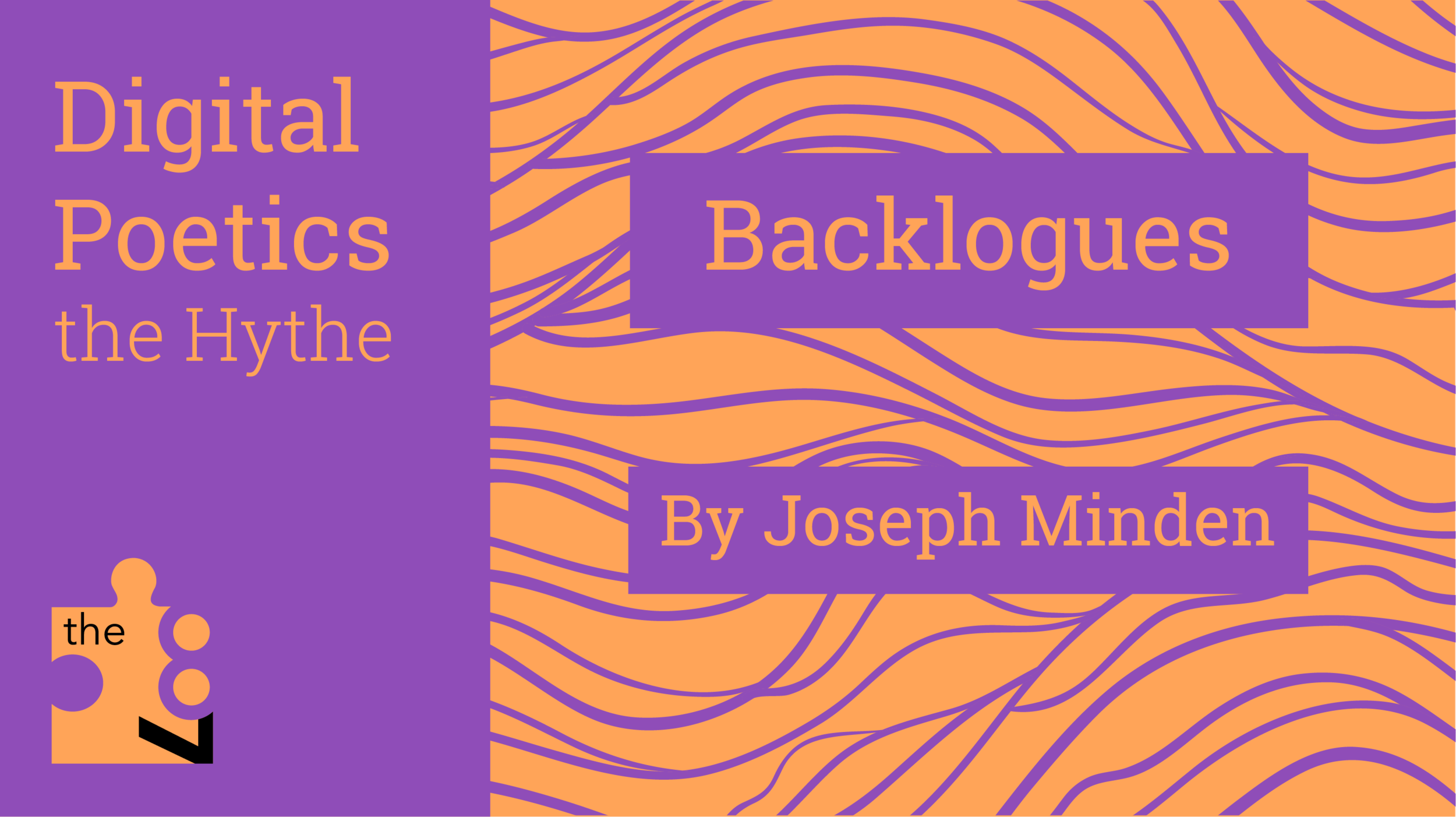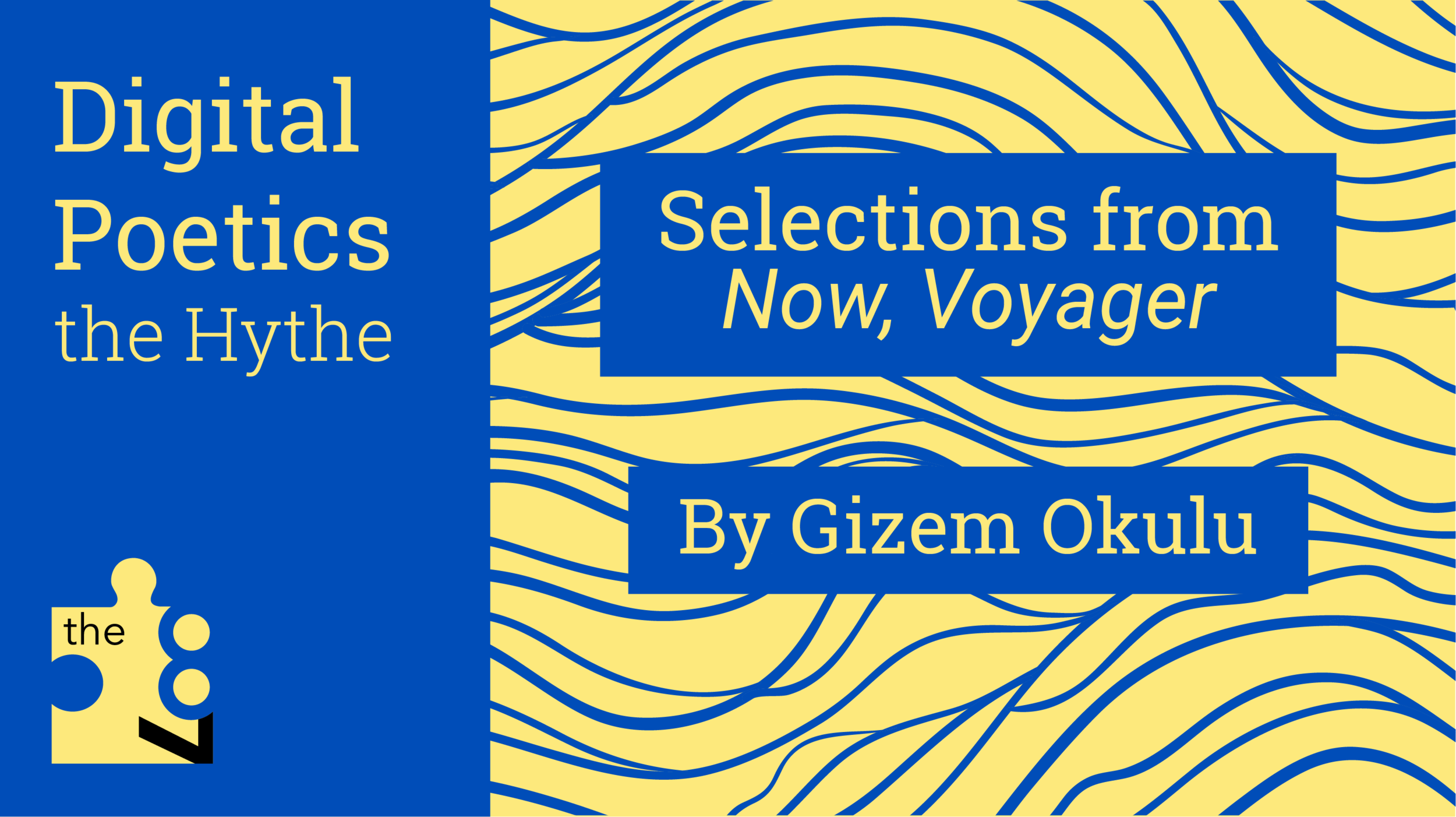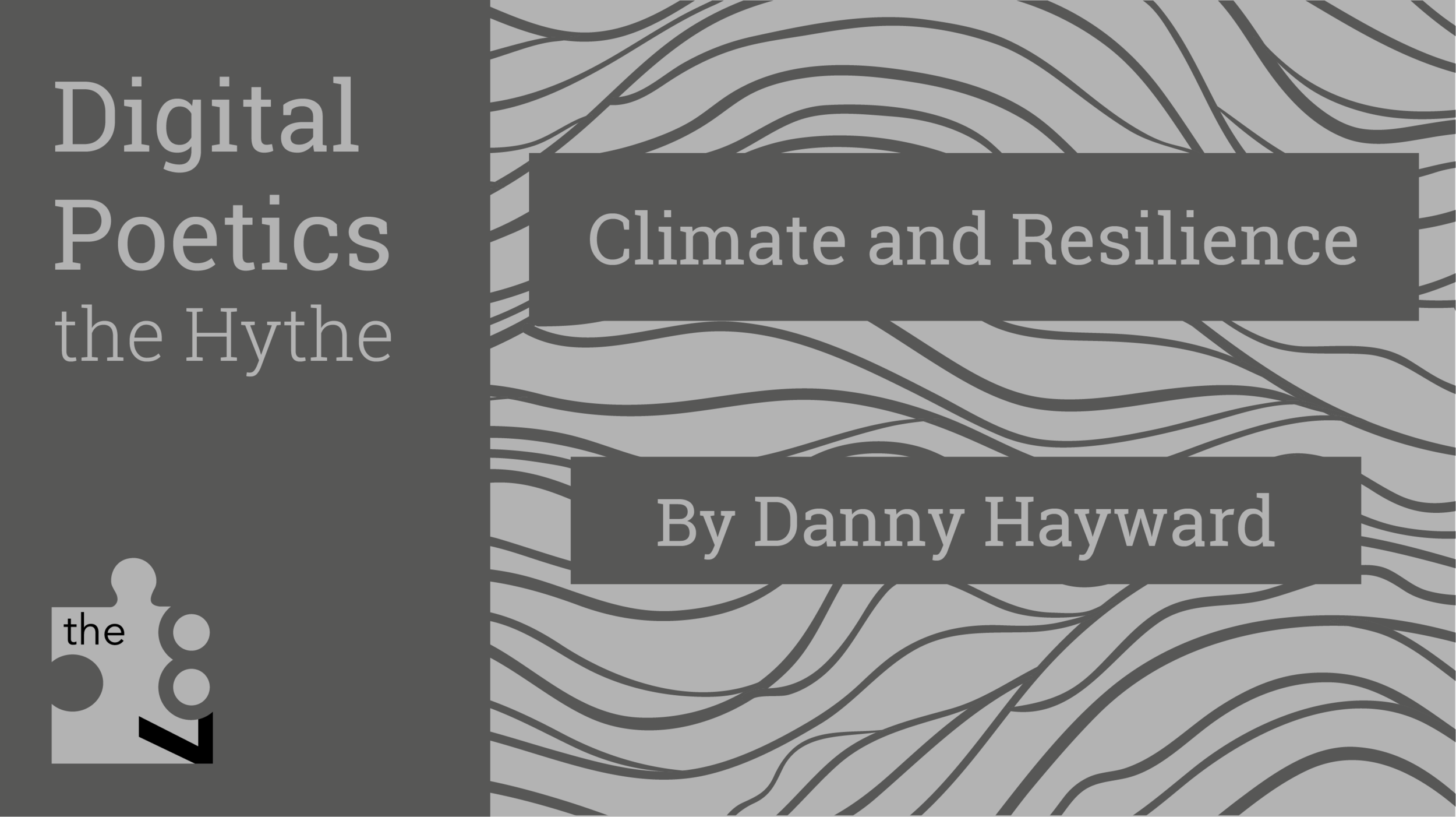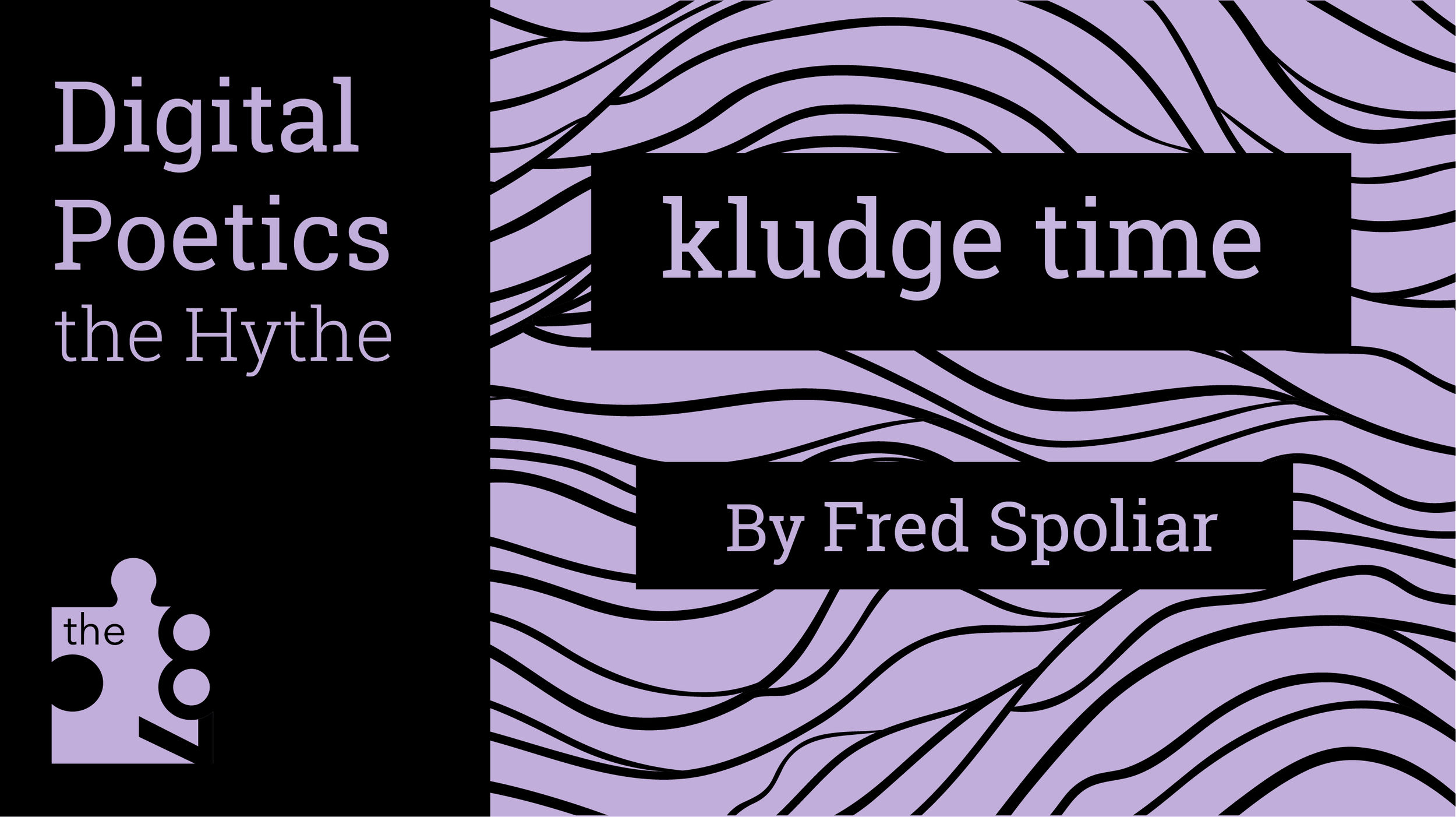
Upcoming Events
How do we write in relation to our histories – our inheritances? And how do we write in relation to one another in the ever-changing contexts of our world(s)? In this workshop, we will read poetry that explores these entanglements, thinking about collectivity, shifting personal and political narratives, and how we consciously or unconsciously write toward/to another. This workshop will incorporate hybrid, cross-genre works; docu-poetics; and poetry with intertextual elements. In the session, there will be time for close reading, discussion, and writing exercises. The title of this workshop was inspired by Édouard Glissant’s Poetics of Relation and Susan Briante’s Defacing the Monument.
theHythe: Open Access
This fourth and final lecture departs from the current “energy impasse” to ask how a contemporary environmental politics might address the obstacles that stand in the way of human and nonhuman flourishing.
A poem written in tribute: ‘I write into your poetry like a seeker watching for the changing nodes of tradition, I’ll be / buried on that horizon, its open sky.’
Alycia Pirmohamed reflects on a workshop held concerning archives with contributions from attendees produced in the session
Director of the press Azad Ashim Sharma and Head Editor Kashif Sharma-Patel reflect upon six years of the87press. They touch upon the development of the press within the context of the British poetry scene, the perils of professionalisation, structural problems for independent presses, the embattled problem of representation and much more.
Tom Branfoot reviews “rock flight” by Hasib Hourani (Prototype, 2024) reflecting on the tension between language and action in the Palestinian struggle for self-determination.
Four poems by Clifton Gachagua formed by collages of (mis)rememberings, full of nostalgia, jubilation, music and heartbreak: "I know I have not learnt anything since my reincarnation, / might as well have been sleepwalking, relying on old memories."
Lecture three now moves to confront what is arguably the greatest issue of our age, the product of a carbon-soaked capitalism, and the terrain on which struggles over energy transition play out: climate change. We’ll begin with a critical account of recent theoretical developments on the concept of the ‘Anthropocene’. We’ll then turn to Marxian counterproposals from environmental geographer Jason W. Moore and ecofeminist philosopher Donna J. Haraway, who suggest we might more accurately name this geological period the ‘capitalocene’. Building on these insights, this lecture concludes by asking where our warming world is headed. What will the political and economic consequences be if we fail to reduce rates of carbon emissions sufficiently to keep future heating levels below the critical 2°C threshold?
"Thornton’s poems are set in a specific landscape, of the shingle coast around Dungeness in Kent, characterised by flatness, the interpenetration of water and land, and shingle’s shifting of the coastline’s definition." John Wilkinson reviews Shapeshifting by Timothy Thornton.
Leo Li presents us with five poems on dichotomies and the possibilities in-between: “Behind us, / the spongiform city where I’d always thought / I belonged mouldered in silent balm.”
These three poems by Remi Graves explores homonyms, (mis)gendered bodies, alienation and disappearance: “a boi walks into a wood— / ouch!”
an interdisciplinary e-journal
theHythe+
theHythe+ is not accepting new subscribers at this time.
We sit down with Al Anderson from Housmans Bookshop to talk about the history of radical bookselling, the role of poetry in the contemporary left and what community means.
As part of a new series of interviews, we are sitting down with various editors of small presses to develop community and peer-to-peer conversations, offering insight into the precarious world of independent publishing and sharing resources.
To kick the series off our editor Kashif Sharma-Patel speaks to Jess Chandler of Prototype.
Sophie Seita speaks about working across multiple artistic forms, the ethical imperative of queer, feminist practice, and the provisional approach which undergirds her work across visual art, text and performance, as found in her book Lessons of Decal (The87Press, 2023).
Gareth Farmer speaks to us about his book Kerf (the87press, 2022) in a wide-ranging conversation covering his anarchic neo-modernist tendencies, developments in autism poetics, and the role of evasiveness in poetics. We also touch upon Vladimir Mayakovksy, Veronica Forrest-Thomson and poetic form.
Aaron Kent talks about fictionalised narratives of the self in The Working Classic, his health struggles in the context of late capitalism and how he started Broken Sleep Books.
Rogelio Braga sits down with editor Kashif Sharma-Patel to talk about the politics of language, migrant bodies and the authoritarian regime in the Philippines
Danny Hayward sits down with our editor Kashif Sharma-Patel to talk about (in)articulacy, exhaustion and disintegration, and the changes in poetry, politics and speech in the 21st Century
We sat down to talk with David Grundy about his recent book A True Account delving into the relationship between poetry and politics in the wake of the 2010 student protests, as well as touching on the themes of aesthetic form, the Black Radical Tradition and Corbynism.
Jessica Widner’s Interiors, published by the 87 Press, is a novel that delves into the psychological and philosophical constraints of social and romantic relationships. Widner sits down with our editor Kashif Sharma-Patel to talk about psychoanalytic frameworks, the role of speech and not-saying, as well as the cultural significance of wine.
In the following conversation I sit down with both writer and translator where we discuss the trilingual nature of the book — Spanish, Taino and Yoruba — the embodied history of the Caribbean and the importance of myth, memory and ritual
Jeet Thayil is a prominent novelist, poet and editor based in India. He recently edited The Penguin Book of Indian Poets, a mammoth anthology of Indian poetry written in English. In the conversation Kashif talks with Jeet about the editorial process, the wider context of Indian poetry with its myriad languages, the question of poetic lineage, and the relationship between Thayil’s prosaic and poetic writing practice.
Three new poems by Gonçalo Lamas: ‘it doesn’t get more historical materialism / than this totally meaningless same / we call same.’
From the collection Poppy, Joseph Minden’s poems incorporate text from various historical and colonial documents to interrogate British cultural memory and the constitution of whiteness
Three new poems by poet-artist Cole Denyer: ‘my pupil dilate as blink rate increases / as teeth which hang-up in gurgles’
These poems by Aaron Kent are written on the cusp of sleep, the phantasmagorical state between dream and wake, as the author battles chronic insomnia and night terrors. The surrealists saw Automatic Writing as a way to suppress conscious control of art; Kent attempts to remove conscious control over his art in the first draft, and then allow it to re-emerge as he edits the work in a fully awake state.
John Wilkinson’s Sky-Blue is a meditation on the ubiquity of singularity, specifically the presence of Tom Raworth.
A new poem from Arab Surrealist Abdul Kader El-Janabi: ‘The poem is a drum / At the whim of the madmen’
In the latest installment of our podcast series Kat Addis discusses her experimental translations of Petrarch in Space Parsley.
In our latest podcast Karenjit Sandhu talks about the process of writing poetry in response to the artwork of pioneering Hungarian-Indian modernist Amrita Sher-Gil in her book young girls! (the87press, 2021), with detours through themes such as 90s girlhood, performance practice, and cultural difference.
We are joined this episode by Sarona Abuaker who takes us through Palestinian resistance, displacement and the role of creative expression in her book Why so few women on the street at night.
For our first foray into podcasting please enjoy this conversation between Luke Roberts and Kashif Sharma-Patel discussing Luke’s new book Home Radio, talking genre, small press culture and E.P. Thompson amongst other things.
Seven, longish poems from Gareth Farmer's 2020 sequence, Strategic Forms or, 74 Questions; 92 Solutions.
A poem performance with an improv backing band: ‘An expulsion of the language and symbolic detritus of a certain rancid English imaginary.’
Sound piece from artist-poet Sulaïman Majali - 'the breath, always, is a portal / a gasp, a death – a life.'
An essay on RnB as an aesthetic structure of feeling as thinking, based around a response to the work Free.Yard and Simone White.
this poem is about how in these bad times mourning and celebration are militant focused on the origins of public health & anti-raid action.
Please take our short audience
questionnaire here.
As a National Portfolio Organisation we are required to gather thorough audience data.


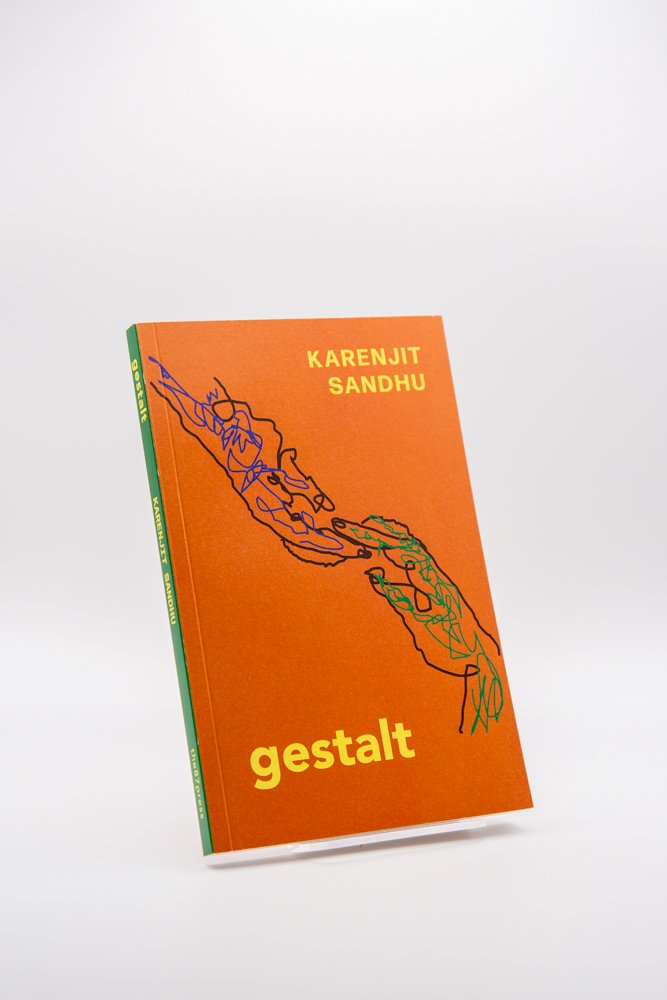


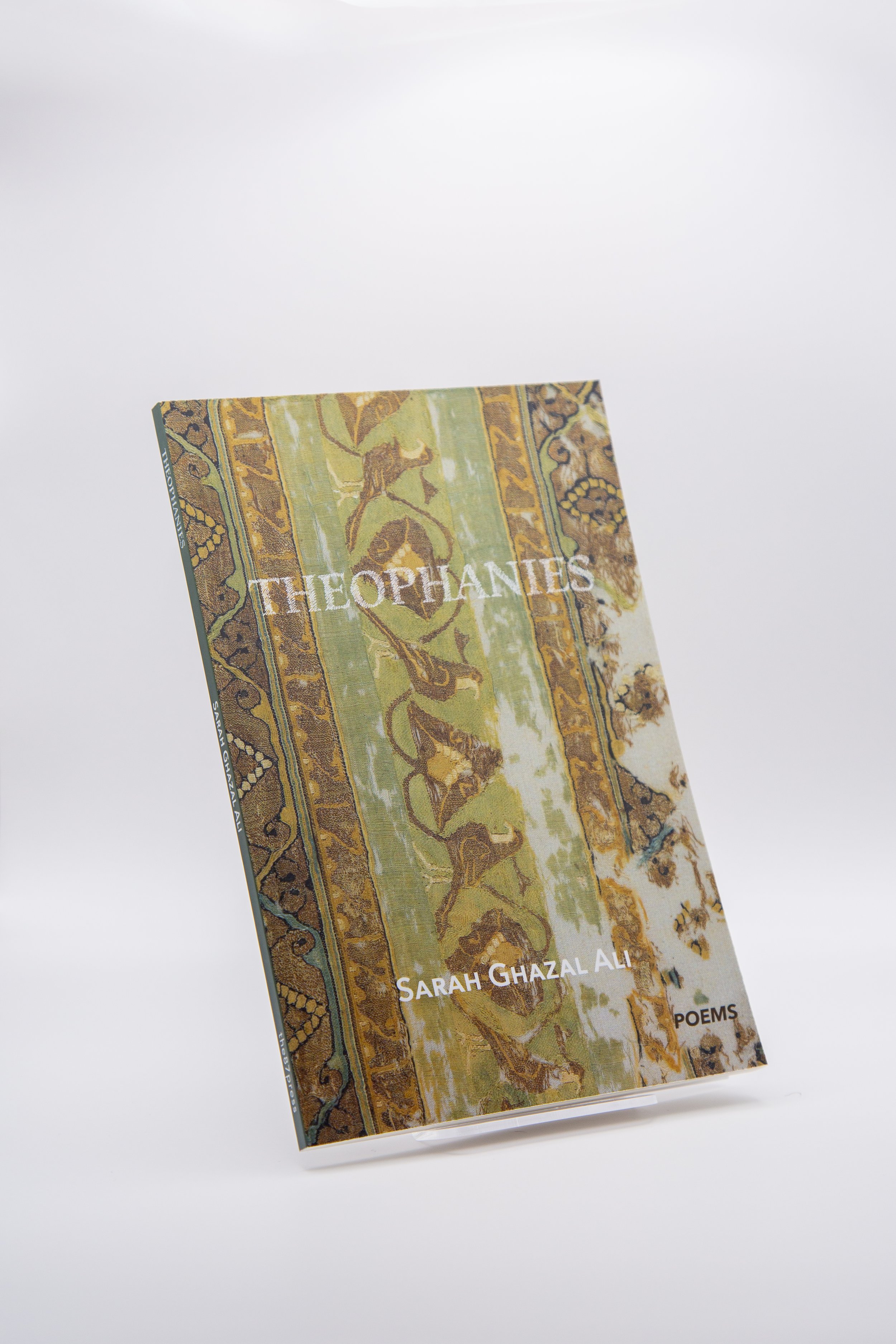


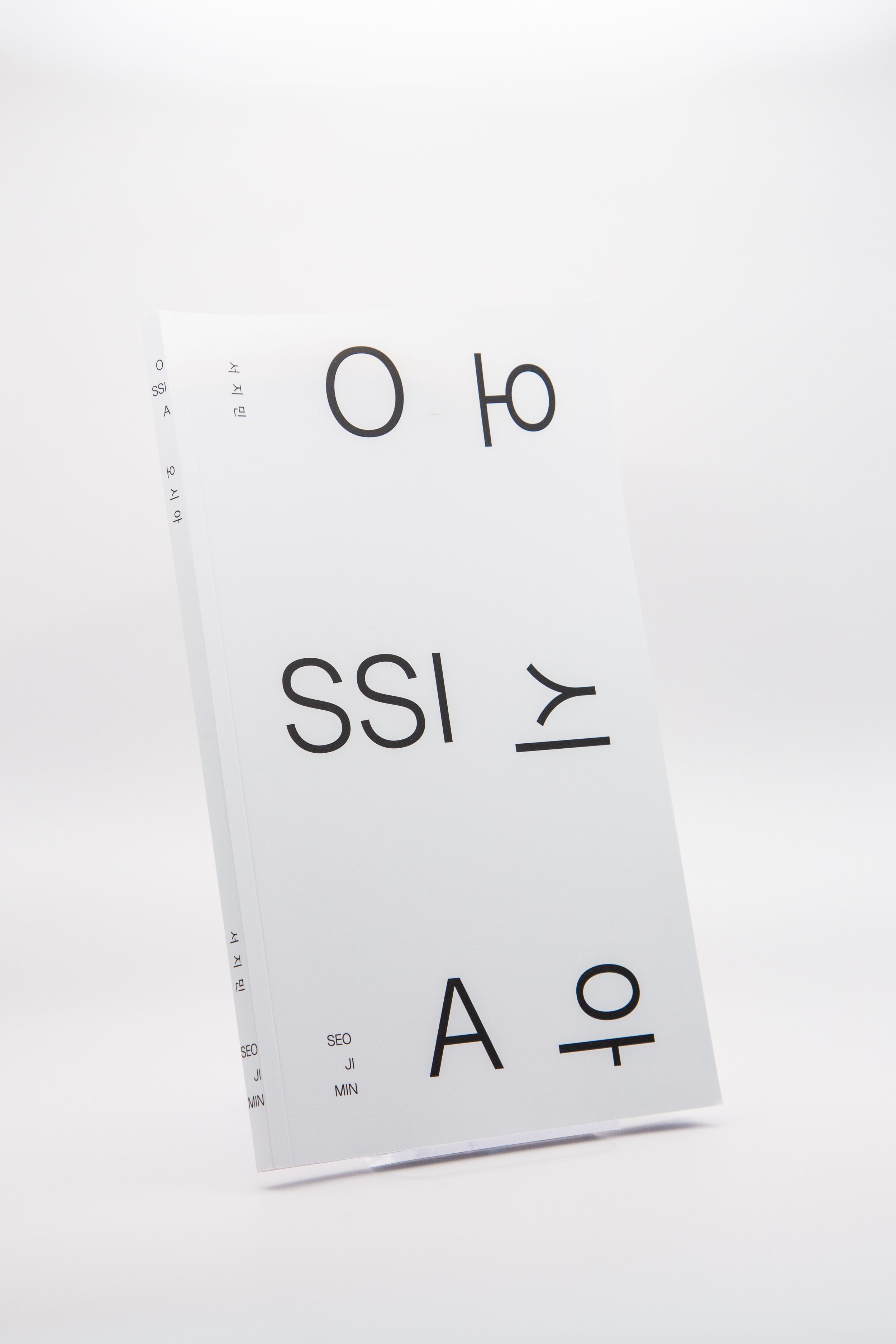
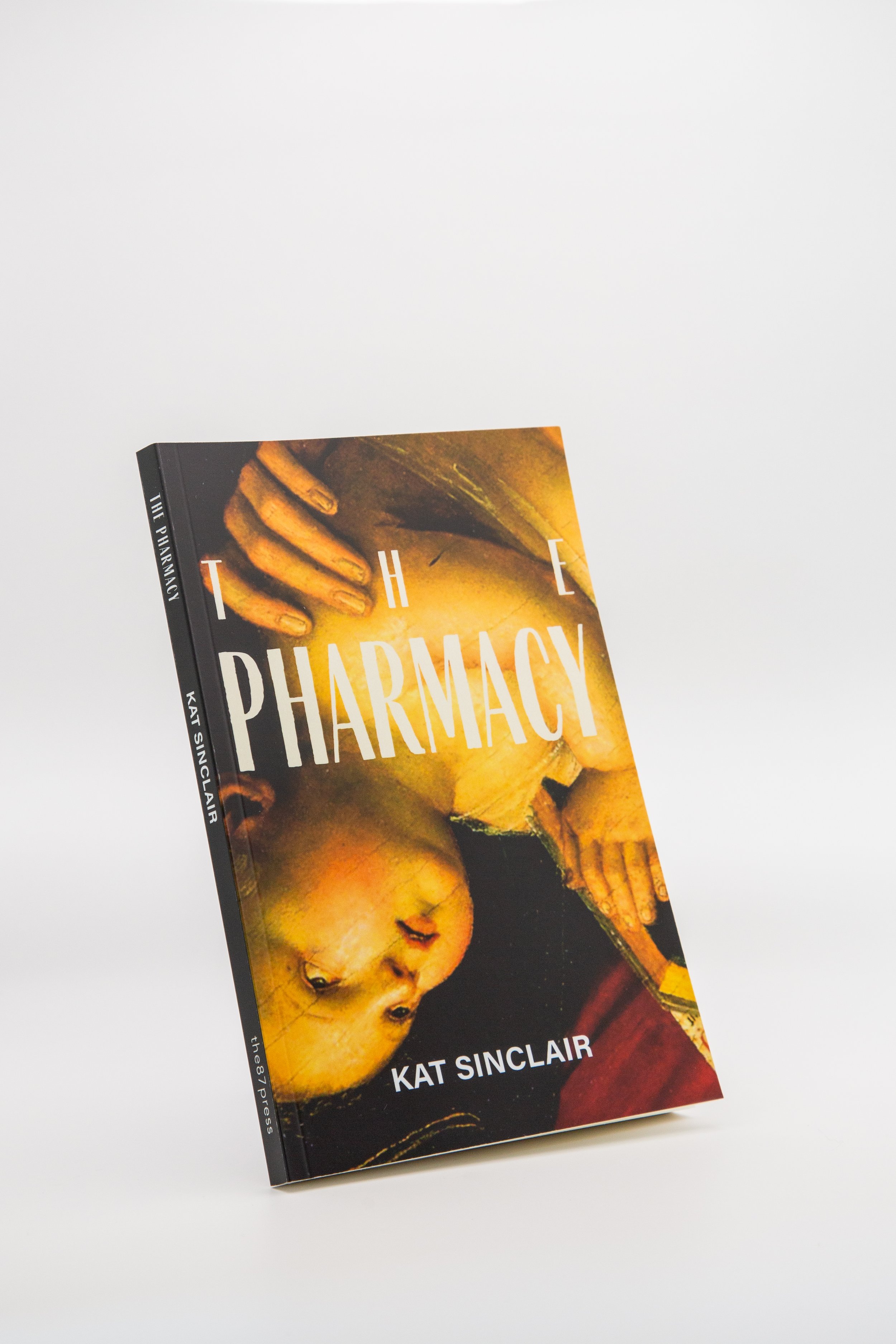
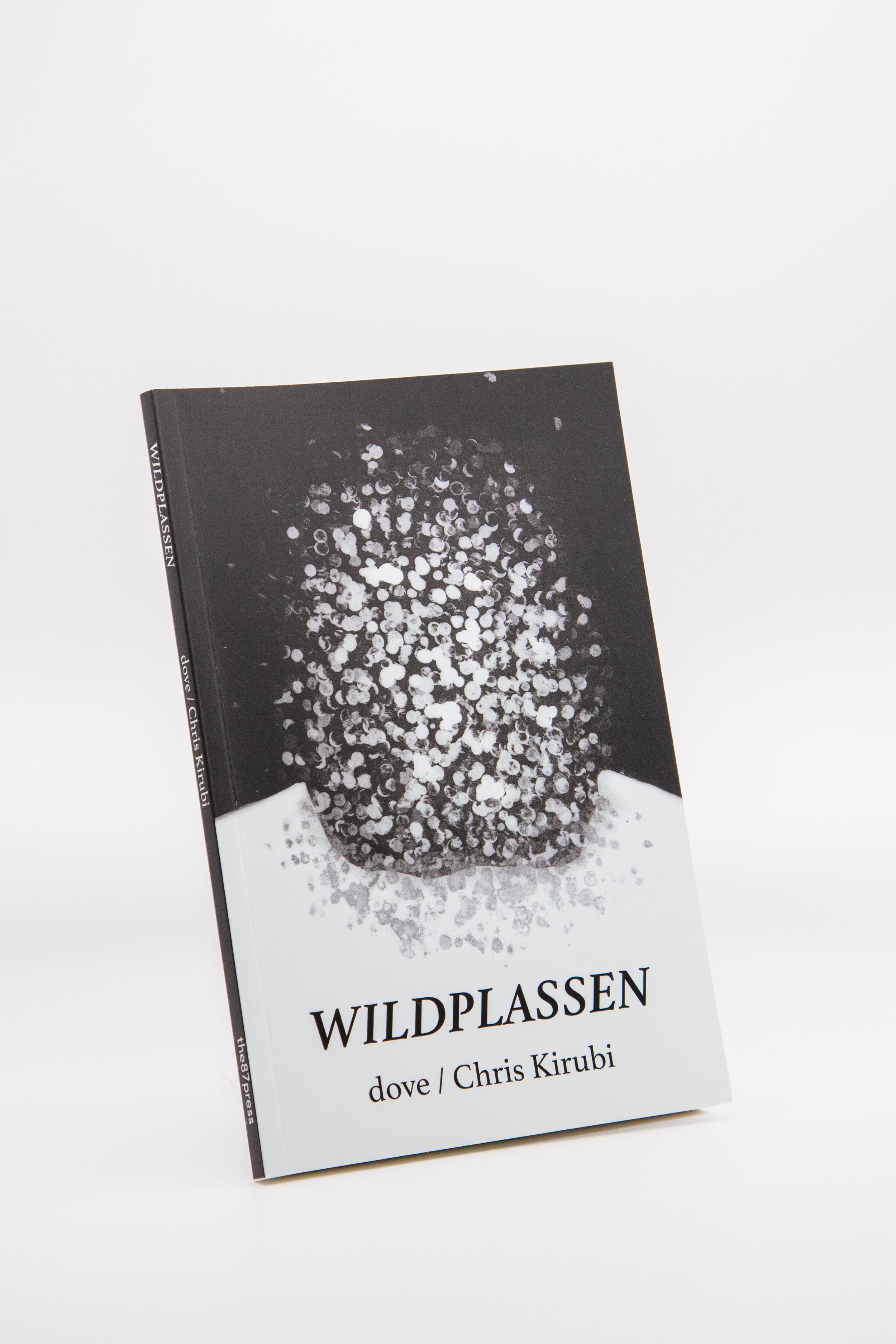
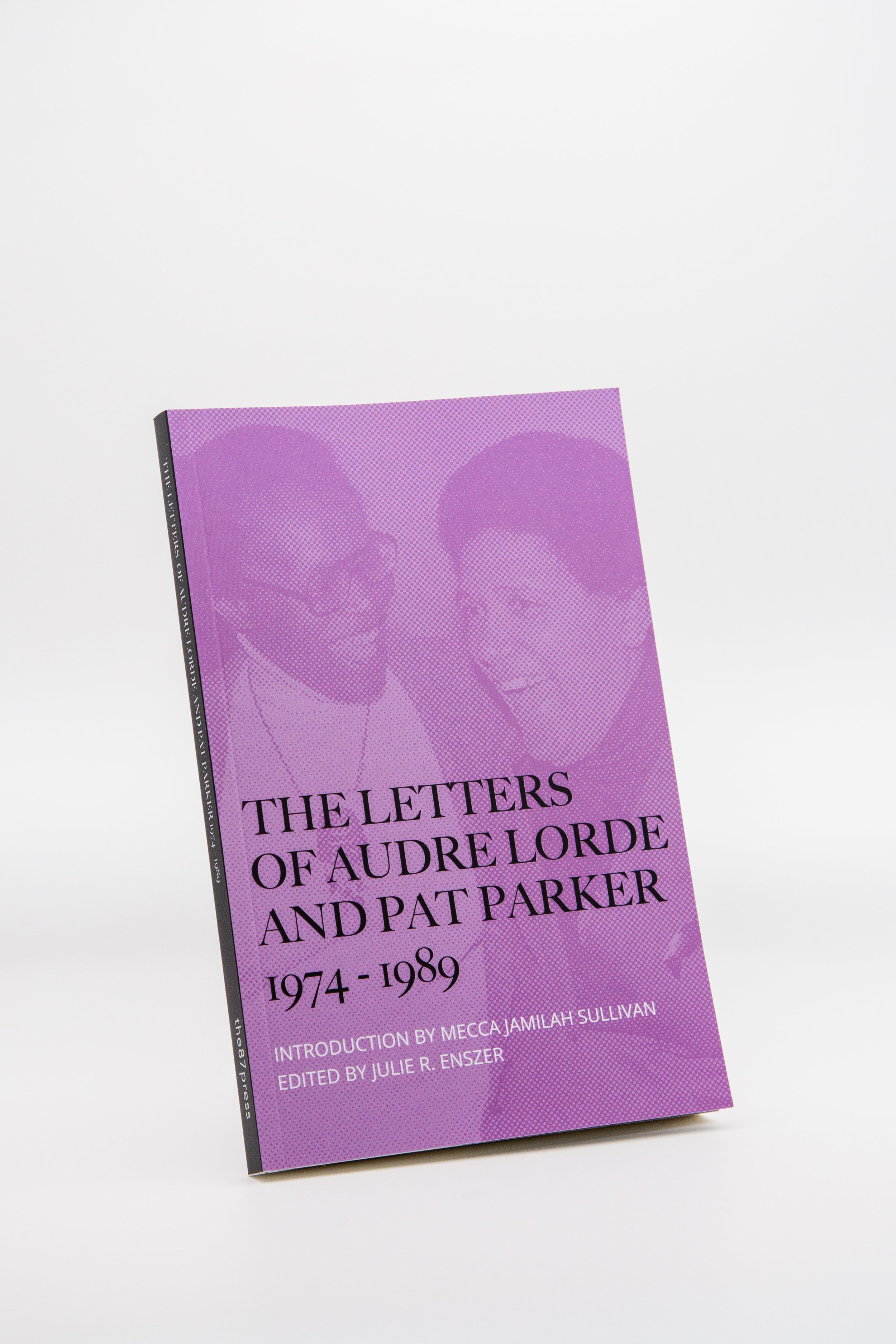




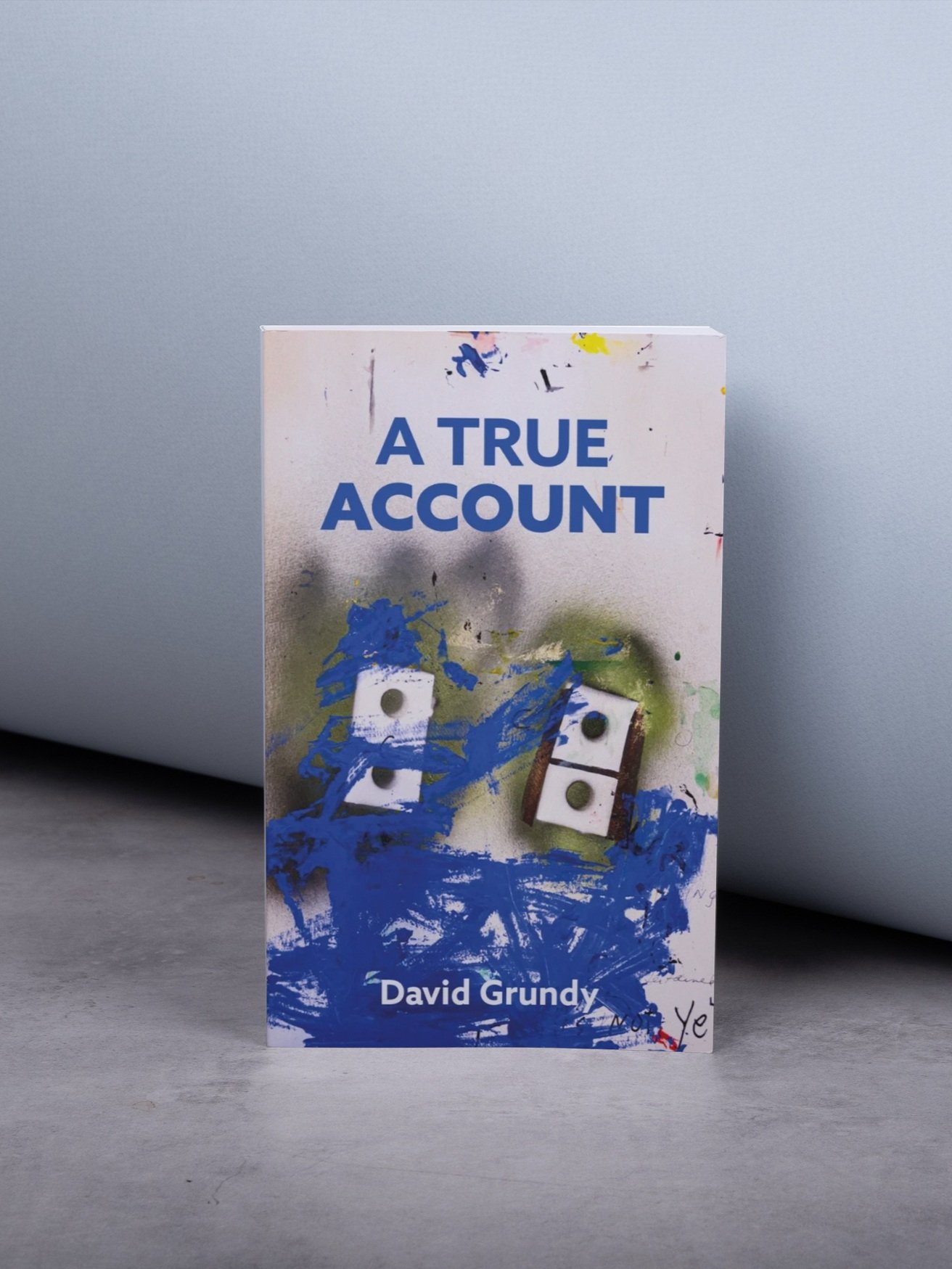

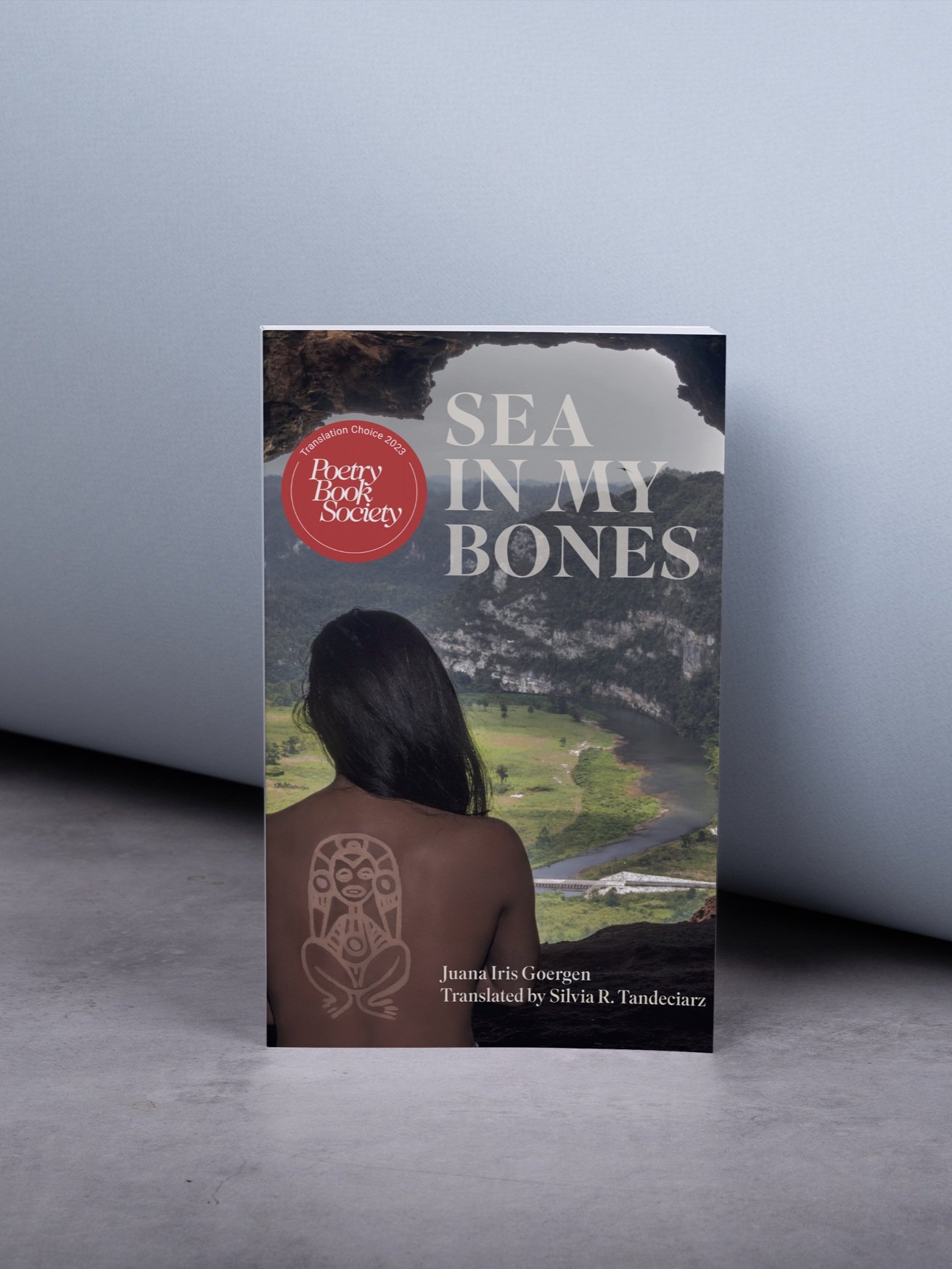

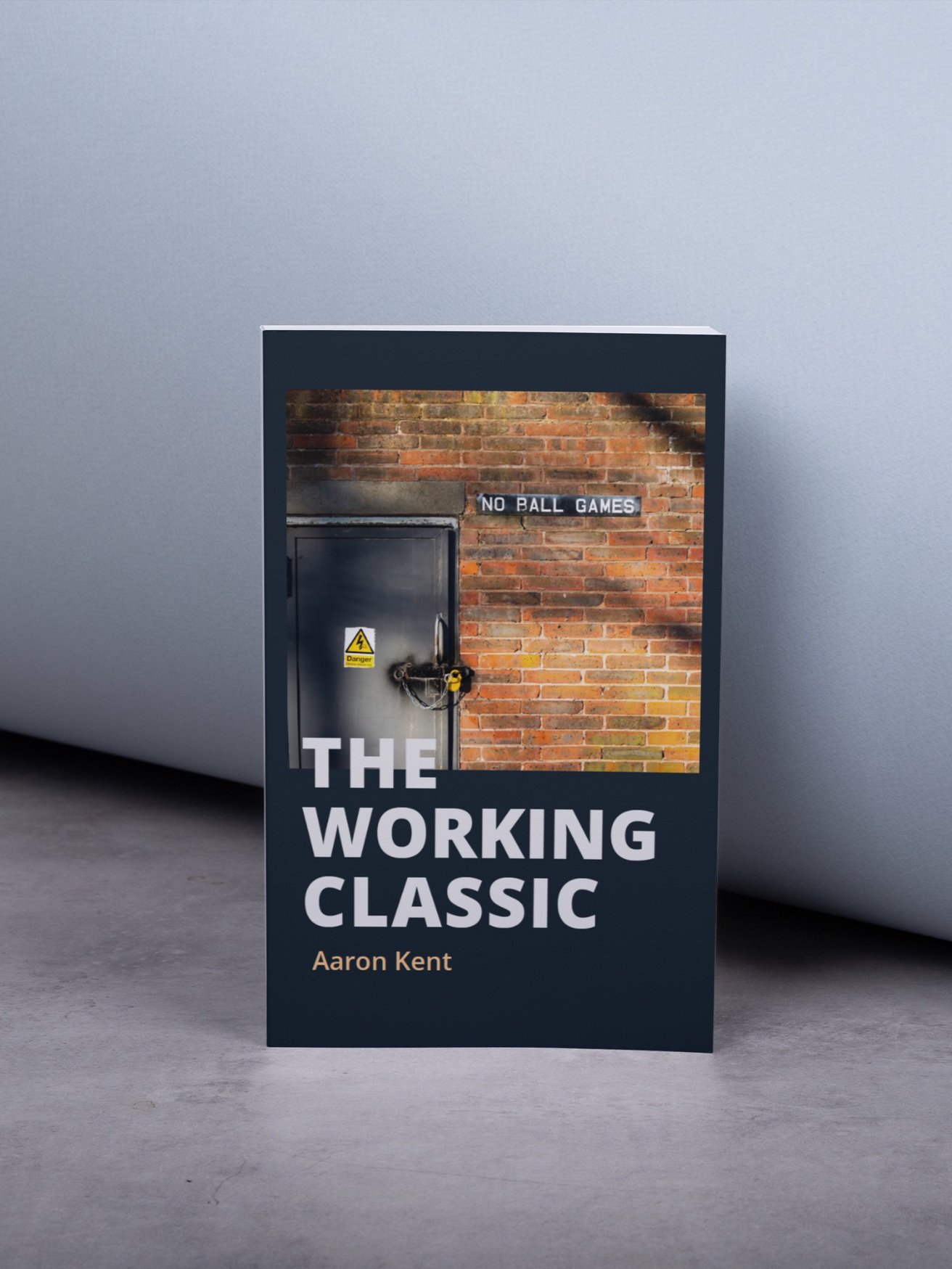


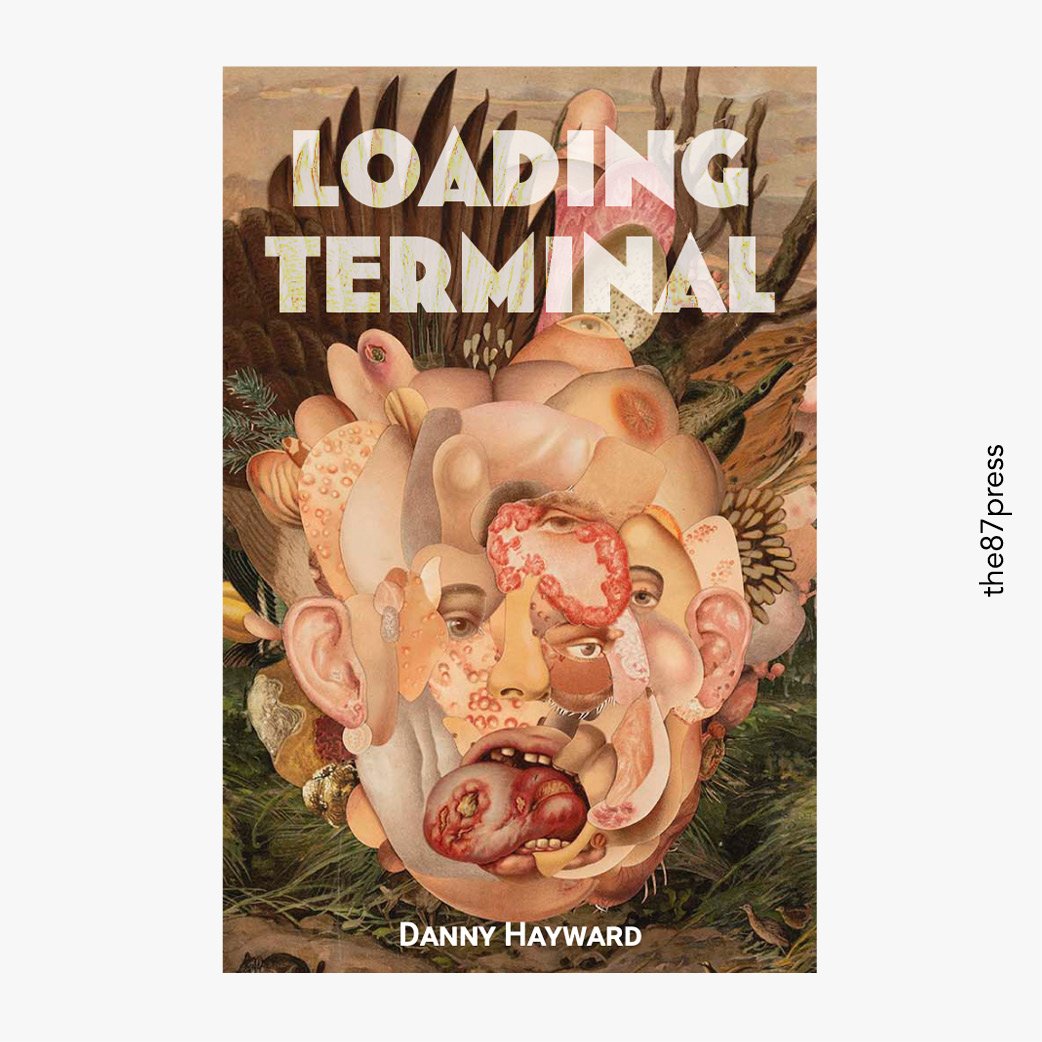



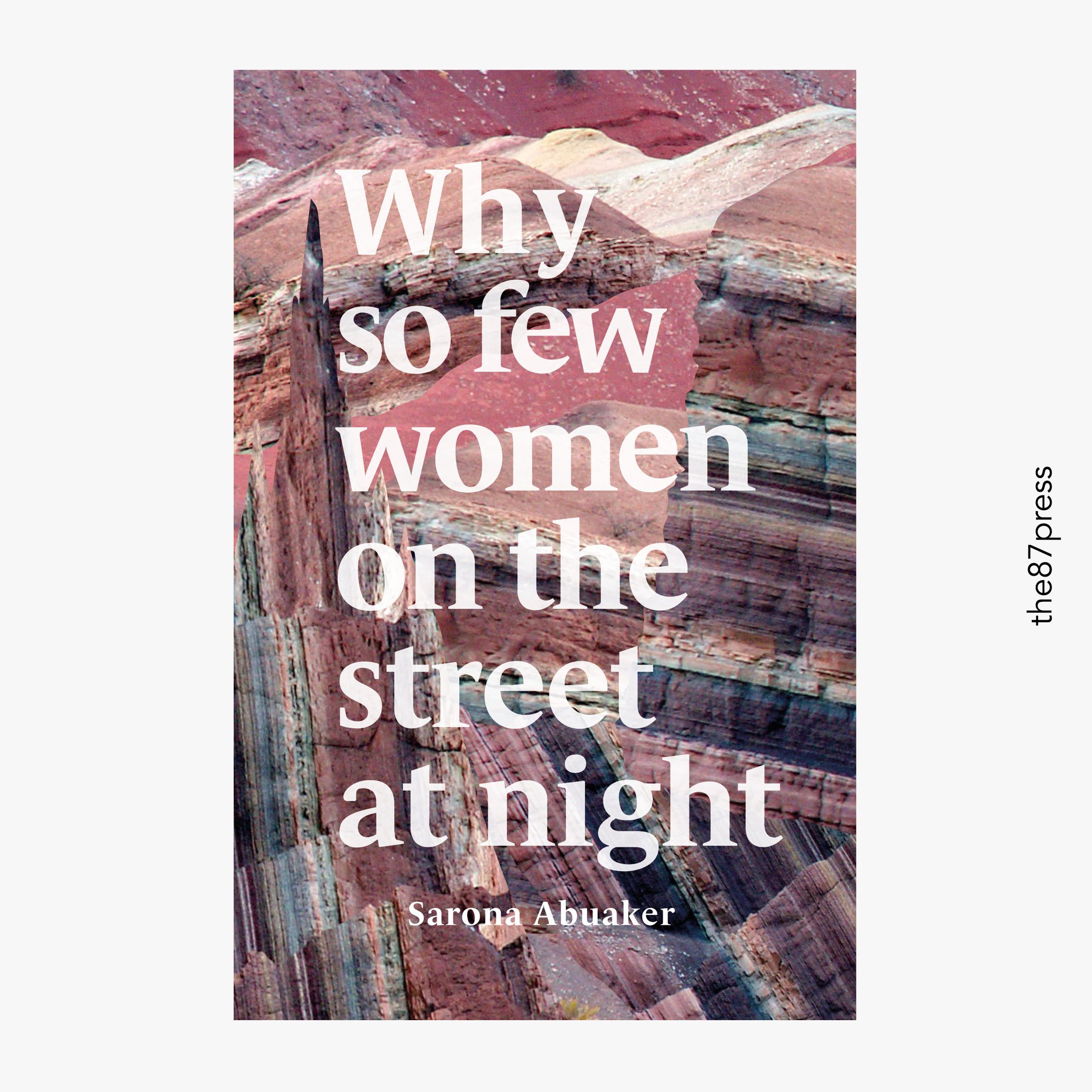





![[Digital Poetics 4.26] Live Air (For Peter Gizzi) by Azad Ashim Sharma](https://images.squarespace-cdn.com/content/v1/60b0ee09a72f8a7509b6d6d4/1739277084288-99URXQPAAB05OEQP1QWK/1+%283%29.png)
![[Digital Poetics 4.25] Rote Learning by Abeera Khan](https://images.squarespace-cdn.com/content/v1/60b0ee09a72f8a7509b6d6d4/1737984558136-8DUAP7DDBY2L1K9G53XB/chath.jpeg)


![[Digital Poetics 4.24] Extra-Poetic: On Hasib Hourani’s “rock flight” by Tom Branfoot](https://images.squarespace-cdn.com/content/v1/60b0ee09a72f8a7509b6d6d4/1729679656991-T9D4YWQ1FBQ9E519ZG89/rock+flight+by+Tom+Branfoot.png)

![[Digital Poetics 4.23] Four Poems by Clifton Gachagua](https://images.squarespace-cdn.com/content/v1/60b0ee09a72f8a7509b6d6d4/1726836284215-VVGA6J3UCJZ5IAN7WGDT/I+-+copy.jpg)
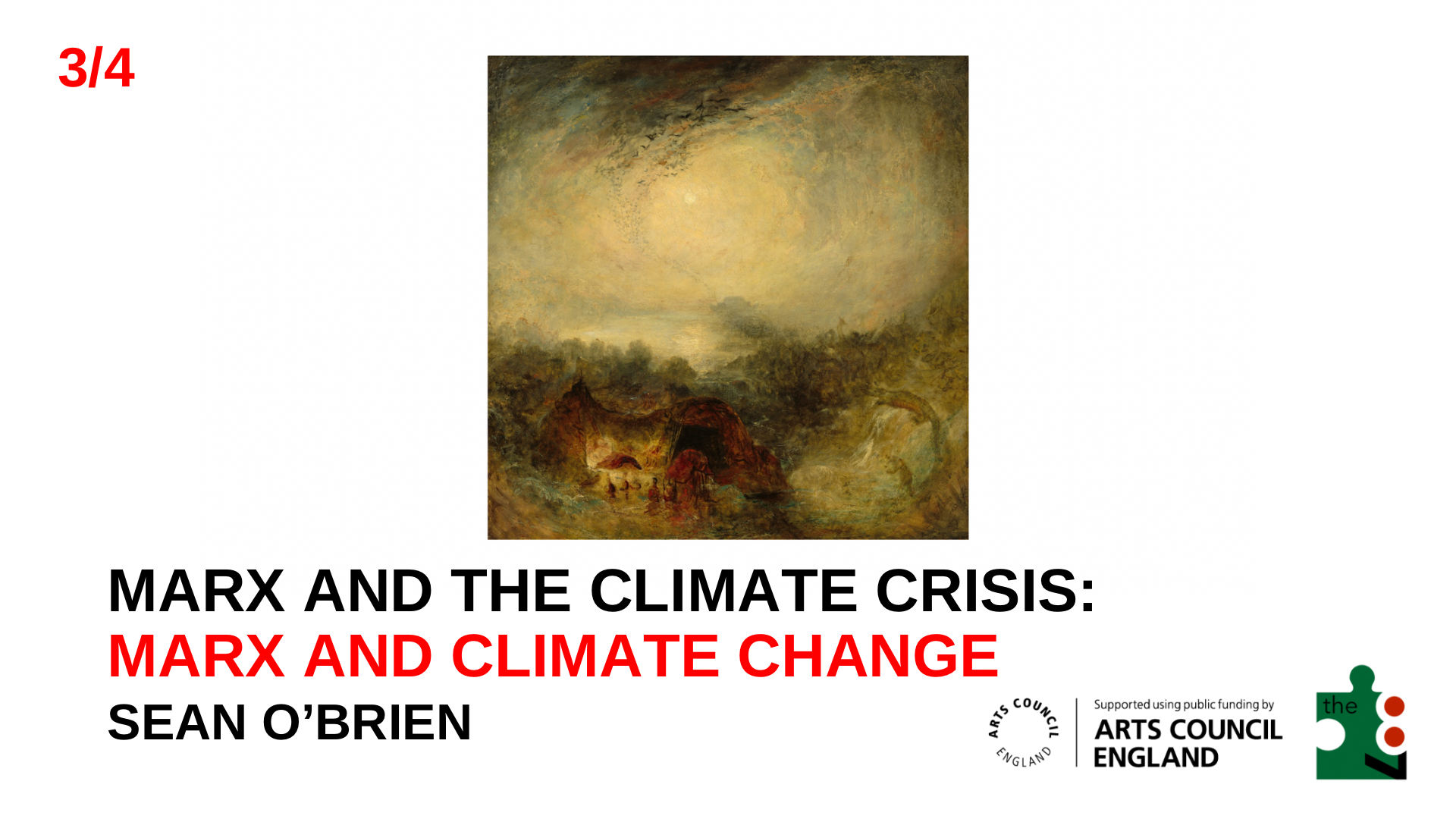
![[Digital Poetics 4.22] On Beauty: Timothy Thornton’s “Shapeshifting” by John Wilkinson](https://images.squarespace-cdn.com/content/v1/60b0ee09a72f8a7509b6d6d4/1724329306980-FIJIVU0MSMQFURH06SX7/unnamed.jpg)
![[Digital Poetics 4.21] Five Poems by Leo Li](https://images.squarespace-cdn.com/content/v1/60b0ee09a72f8a7509b6d6d4/1722843711749-W9XIV0NYE8O781AT3GI6/IMG_2982.jpeg)
![[Digital Poetics 4.20] Three Poems by Remi Graves](https://images.squarespace-cdn.com/content/v1/60b0ee09a72f8a7509b6d6d4/1720697441002-LF28I20Z7BCDH5NS4R2M/87+Press+Image.jpg)










![[Hythe+] “Poets write when god descends on their forehead and novelists write like they are at work”: An Interview with Jeet Thayil](https://images.squarespace-cdn.com/content/v1/60b0ee09a72f8a7509b6d6d4/1686570297004-LTQSGYV2DLNI7DT9PV0B/jeetbyakanksha.jpg)






